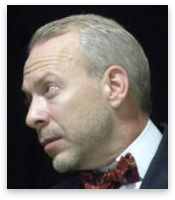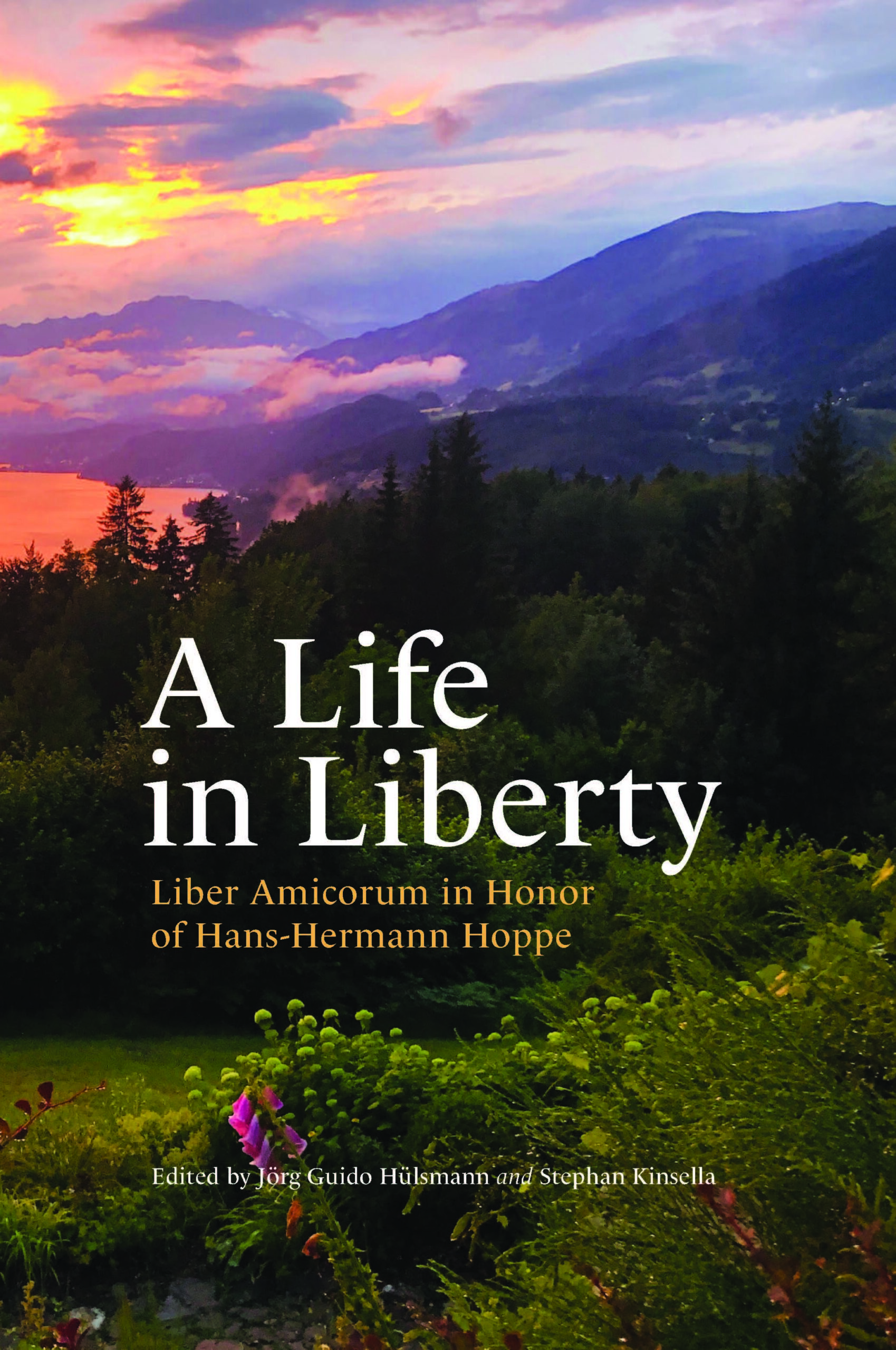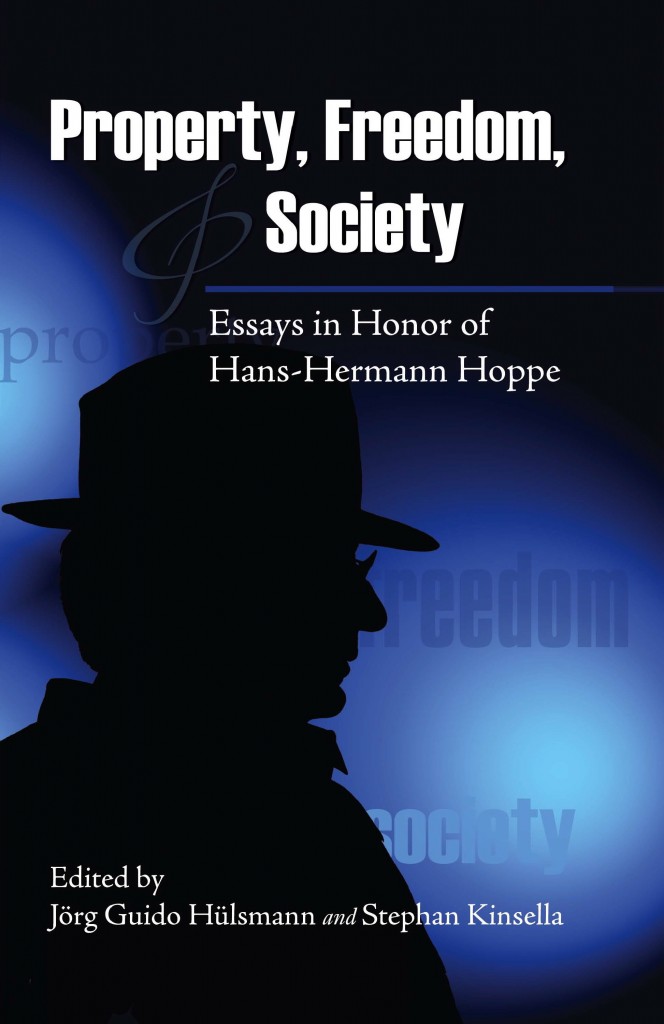I’m just leaving the 7th Annual Meeting of the PFS—a day early, unfortunately. Held, as always, in Bodrum, Turkey, this is my favorite PFS conference that I’ve attended yet—in part because my good friend Jeff Tucker attended, and in part because this time I brought my 9 year old son with me. While he was here, Jeff posted this sparkling account of his initial impressions of the conference on the Laissez-Faire Books site. It’s reprinted below. For other accounts of previous Annual Meetings of the PFS, see our Press page.
Update: See also Interview with Jeffrey Tucker and Professor Hans-Hermann Hoppe – PFS 2012 and Jeffrey A. Tucker, “The Joys of Fresh Whole Fish,” Epoch Times (Nov. 20, 2024).
The Center of the Conspiracy
Jeffrey A. Tucker
September 29, 2012
I’ve found it: the organizing cell of what must be the world’s most dangerous intellectuals. It is right in this room where 100 people now sit, listening and discussing. But instead of heated and sweaty plotting, what we find instead is the atmosphere is of a 19th-century salon: polite, smart, fun. It’s the ambition and dream that is delightfully dangerous: to upend and overturn the oppression that most people in all nations suffer and figure there is little they can do about it.
The cause is liberty, property, and anti-imperialism — same as that which inspired the American Revolution. But the place this time is Bodrum, Turkey — a place that seems to have been founded at the beginning of time — at the beautiful hotel called Karia Princess. It’s in a land I’ve never visited before and couldn’t even imagine before seeing its terrain out of the airplane window.
Yes, I’m a typical American who has a hard time imaging the existence of vibrant, thriving, beautiful worlds outside the nation-state I know best. The farther reaches of Europe’s oldest civilization are precisely this, and filled with surprises around every corner.
The commercial district is teeming with modern energy, with all the newest stuff. But just a few feet away, fishermen sell their catches straight from the boat at the wharf, like a scene from a Renaissance painting. The old and new mix in a symphonic way, and to the same degree that multifarious languages and cultures live side by side in peace.
The meeting is the annual gathering of the Property and Freedom Society, as founded and headed by the famed radical intellectual Hans-Hermann Hoppe, a man who has become a legend in his own time. He makes his home in Istanbul, but comes here once a year to run this little adventure. His newest book, The Great Fiction, has been published by Laissez Faire Books. The book is on display here and is the talk of the conference.
The book takes on the idea of the nation-state most directly. Nations are real, he argues, insofar as we think of them as distinct groups of people with particular cultures and religions. States are something else entirely — gangs of elites who bamboozle the population with ideology into giving up property, freedom, and power that should naturally belong to the people. The answer to the future in the Hoppean view: Embrace society and abolish the state.
This is an idea that has inspired the world’s most daring intellectuals, many of whom are gathered here. What is the purpose of the meeting? To unleash serious ideas from control by the state, its kept intellectuals, and the craven media classes. The meeting is not open to the public. You have to be invited. Who would turn down such an invitation?
The range of people who receive the invitation is intriguing. Here you will find entrepreneurs, professors, independent writers, information technology experts, financial professionals, and even officials and workers with various government agencies. They come from all over the world, and Americans are in a distinct minority. But there is a sense in which the meeting occurring here are enlightening precisely because of its non-American quality.
The speakers so far have addressed Turkish history and its parallels with Spain, a revisionist perspective of modern Iranian revolutions, the millenarian foundation of Islamic political permutations, the place of the novel in popular culture and the problem of property restitution after revolution. There are talks planned on money, media, regulation, and the history of ideas.
In other words, they are all over the map, always intelligent, always learned, always free of conventional, pre-set orthodoxies. The one rule: No thought is banned. If you into strictures and guidelines for what one must think about this or this, this meeting is not for you. Every talk has caused me to think about some topic a new way.
On the way here, I was preparing for my own talk by doing a close read of Ludwig von Mises’ 1922 book Socialism. I had bumped into a passage in which Mises contrasts two kinds of property: goods whose value is depreciated in use and goods that can be consumed an unlimited amount of times by an unlimited number of people. Mises gives the example of a painting as the second type.
When I saw Hans at the first dinner, I asked him about this passage and whether it foreshadowed his own scarcity-based theory of private property. Impressively, he remembered the passage perfectly, almost like he has just re-read it too. He granted that Mises was getting close to the right idea, and then pointed out that he developed this notion further in his 1940 work published in German.
Moments like this remind us of what it means to be a great intellectual on Hoppe’s level. Ideas live in your mind as real things. Literature and history animate your thoughts and days. Your capacity for comparing and integrating ideas across countries and centuries occupies a much larger place in your mind than the passing headlines of the day.
The meetings have that same tone. But there is also something else. There is true friendship on display here, a level of camaraderie rarely found in this world. The casual conversations tend to be about everything under the sun, with the exception of the usual talk in the U.S. today: presidential politics. In fact, I would recommend to everyone in the U.S. who is fed up with endless disputes between the two ghastly choices to move abroad for at least two months and return only once it is over.
I’m developing the view that political wrangling, especially when there is really not much at stake, is the ultimate enemy of mankind. Partisan politics turn people into enemies when they should and would naturally be friends in a normal society.
In the world of ideas such as is on display here, people can disagree yet still learn from each other. Likewise, and for the same reason, in a marketplace such as you see on the streets of Bodrum, all merchants are happy to cooperate with anyone to mutual betterment.
But with partisan politics, it is different. It’s all about hating your neighbor. For example, if a person believes all of civilization rests on a Romney win, he will naturally and rightly regard all Obama voters as mortals threats, wreckers of the good life itself. And the same is true in reverse.
And consider that the demographics of voting are rather predictable. You can often tell quickly how a person will or will not vote by appearance of station of life. That creates prejudice, bias, and even hate. Thus do politics create these stupid battles between people — for absolutely no reason — and wars against the brotherhood of man. They create the divisions they pretend to heal.
And that is the part of the reason for gathering with people who have completely freed their minds from the illusion that the answer to all social woes is to put this guy instead of that guy in charge. Once you realize that the real energy of society comes from within — and that politics are only a divisive intrusion — you are better able to be friends with others and find the good in diversity of thought. You find that great, magical, and rare thing: ideas growing and expanding because they are leavened by sincerity and dedication to seeking the truth.
Any American traveling abroad these days is struck by something strange: the absence of police. You can move about. You can walk here and there. You are not hounded at every turn by the state. I vaguely recall that this was once true in the U.S. too. But this has changed. In 10 years. That’s fast, but not fast enough that people really become aware of it until they travel abroad.
I’ve recommended for several years that one of the priorities of any young person these days must be to travel. Gain some perspective. See how things work in other places. Discover that other places exist and that there is such a thing as genuine freedom outside the officially designated “Land of the Free.” It’s a new world and the freedom is on the rise, but not within our borders.
The rest of the world does have something to teach Americans. If this dangerous crew gathered in Bodrum has its way and continues to expand its influence, many places in the world could be on the verge of really showing the way forward.
Jeffrey Tucker
Jeffrey Tucker is the publisher and executive editor of Laissez-Faire Books, the Primus inter paresof the Laissez Faire Club, and the author of Bourbon for Breakfast: Living Outside the Statist Quo, It’s a Jetsons World: Private Miracles and Public Crimes, and A Beautiful Anarchy: How to Build Your Own Civilization in the Digital Age, among thousands of articles. Click to sign up for his free daily letter. Email him: tucker@lfb.org | Facebook | Twitter






Beautiful. When Hans came to speak down under, I also had the pleasure of ‘picking his brain’. Such an intellect. Some topics touched upon; Abortion, Ron Paul, Fallabistic apriorism, strategy (microsecession), seasteading, Mont Perelin Society, Gerad Raditzgy, Popper, Rothbard, Friedman, Reason and Analysis, and Wittgenstein. Definitely won’t forget it.
On the web, one finds Jeffery Tucker saying of
U. S. election politics, “politics create these stupid
battles between people — for absolutely no reason —
and wars against the brotherhood of man. They
create the divisions they pretend to heal.”
“The casual conversations tend to be about
everything under the sun, with the exception of
the usual talk in the U.S. today: presidential
politics. In fact, I would recommend to
everyone in the U.S. who is fed up with
endless disputes between the two ghastly
choices to move abroad for at least two
months and return only once it is over.”
Tucker states, “Politics are only a divisive intrusion —
you are better able to be friends with others and find
the good in diversity of thought. You find that
great, magical, and rare thing: ideas growing and
expanding because they are leavened by sincerity
and dedication to seeking the truth.”
This concept fails the test of reality. First, the battles
that are referred to as stupid are in fact opportunities
to present and persuade your concepts, opinions and
thoughts. Without vigorous and audacious
presentation of your opinions, do not expect others
just to understand your concepts and ideas.
You must win the minds and hearts of others. This
is accomplished in the arena of politics.
And second, leaving the U. S. for a critical two months
leaves a void filled by opportunist and gullible. The
choice between “the two ghastly choices” needs an
audacious spokesman presenting the third alternative.
The divisions of mankind are real. The concept of the
brotherhood of man brings up Marxism. Recognize that
some seek to dominate others. That is achieved in socialism.
Constant compromise with Marxist has resulted in loss
of freedoms never recovered.
Failure to present your opinions aggressively might be
called the Ostrich approach. What is needed is the
pissed off Lion approach that roars loud enough to
overcome the media noise.
Ed Kroposki
Greenville, SC, USA
You must log in to post a comment. Log in now.